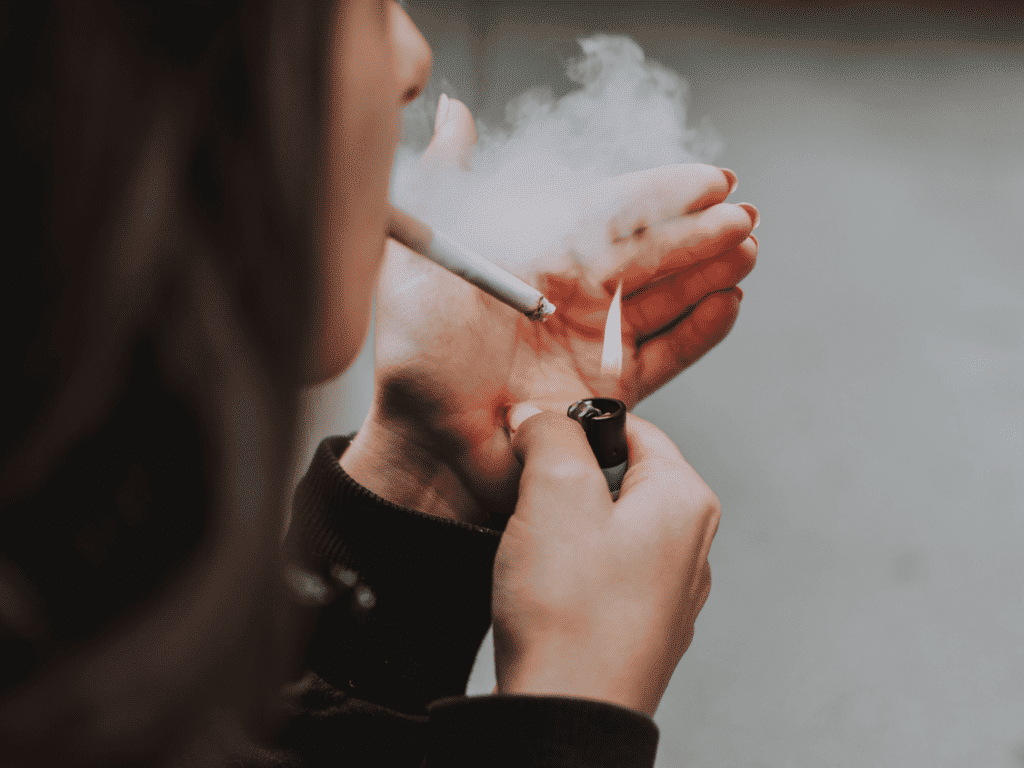A new report by the Substance Abuse and Mental Health Services Administration (SAMHSA) indicates that youth aged 16-18 who have dropped out of high school are more likely than their counterparts to be current users of cigarettes, marijuana, alcohol and other illicit drugs.
“Current users” are those who reported use in the past month. While the study showed that dropouts were more likely to be current users in every category (cigarettes, alcohol, binge alcohol, any illicit drug, marijuana, and non-medical use of prescription type drugs), the differences in smoking rate between dropouts (56.8%) and in-school students (22.4) was most significant. Illicit drug use among dropouts (31.4%) compared to in-school students (18.2%) was also significant.
Dropouts were more likely to be current users of marijuana, at 27.3% compared with in-school users at 15.3%, and dropouts were twice as likely to use prescription drugs for non-medical use compared to their in-school counterparts, at 9.5% and 5.1%, respectively.
The report showed that current substance use rates among female dropouts were generally higher than the rates for similar aged females who were still in school with the exception of current alcohol use, for which there was no statistical difference between males and females.
While it is difficult to draw cause and effect conclusions based on this report (i.e. whether substance use contributed to dropout rates or dropping out contributed to higher substance use among dropouts), it is clear that dropout rates have huge public health implications and that our youth need better interventions to prevent substance abuse and dropouts.
If you or a loved one needs help overcoming a substance addiction, Northbound Treatment Services can help. Northbound tailors treatment to meet the unique needs of each individual at its rehab treatment centers. Click here to read about our treatment options.
Author
-

President, CEO & Founder at Northbound Treatment Network
Paul Alexander is the CEO, President & Founder of Northbound Treatment Network in Newport Beach, California. He believes wholeheartedly in transformational leadership, organizational health and effective, fully integrated substance use disorder and mental health treatment. With over 27 years of experience in behavioral healthcare, Paul has extensive knowledge of “in vivo” treatment modalities, clinical development, operations, strategy, marketing and financial planning. He has been widely recognized for his development of collegiate-based residential treatment programs for students in recovery and authored a research study at The University of California confirming this modality’s effectiveness.
Paul’s comprehensive professional experience, willingness to innovate, and emphasis on organizational health are vital factors in Northbound’s continued success. Paul received his Certified Addiction Treatment Specialist training at Saddleback College in Mission Viejo, CA, and was awarded Outstanding Alumni Service Award in 2002. Paul holds a Bachelor of Arts degree in Criminology, Law and Society, Summa Cum Laude, from University of California, Irvine, and a Juris Doctorate degree from Loyola Law School of Los Angeles. Paul currently serves on The National Association of Addiction Treatment Providers (NAATP) board. In addition, he serves on The Family Recovery Foundation board and The CarePossible board in Orange County; both organizations are committed to raising funds for family recovery and treatment for former military personnel. Paul is in recovery himself and lives in Orange County with his wife Silvana and his two young sons, Noah and Dean.







